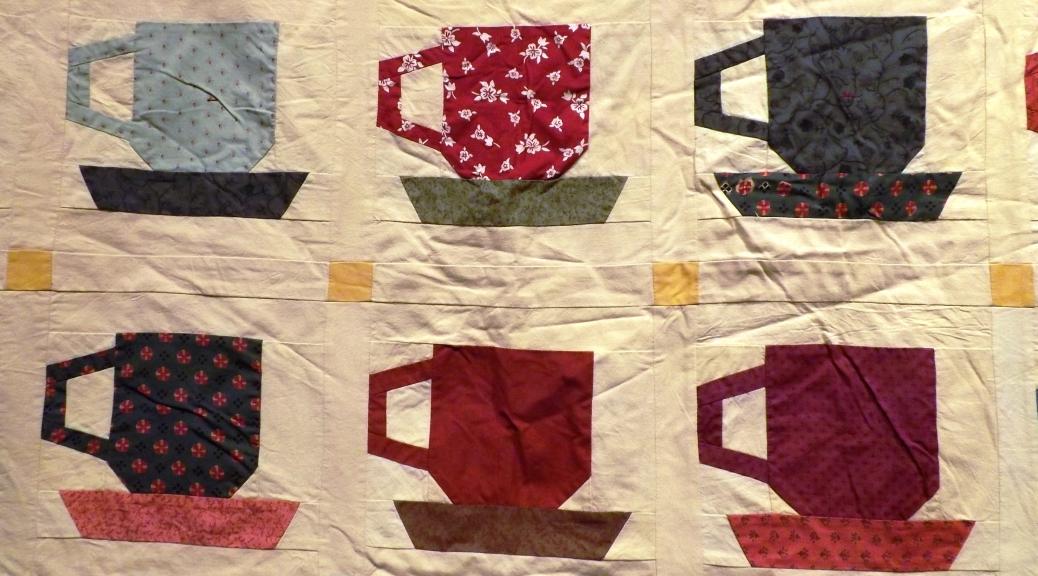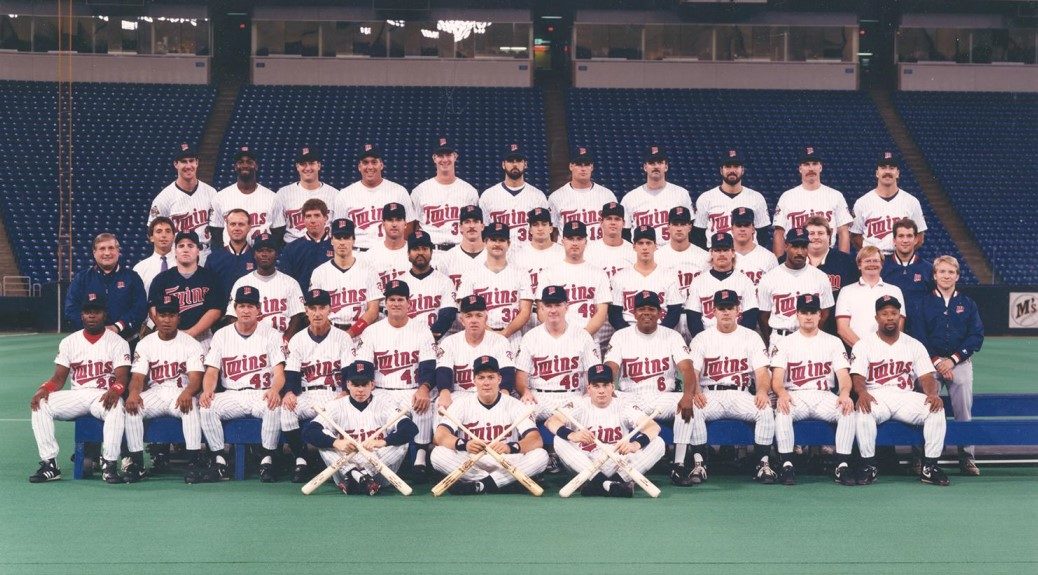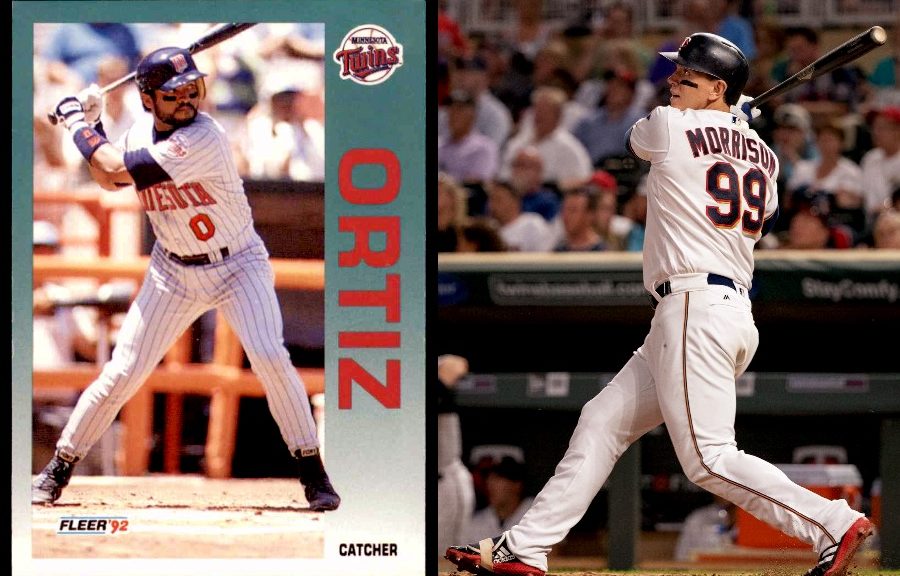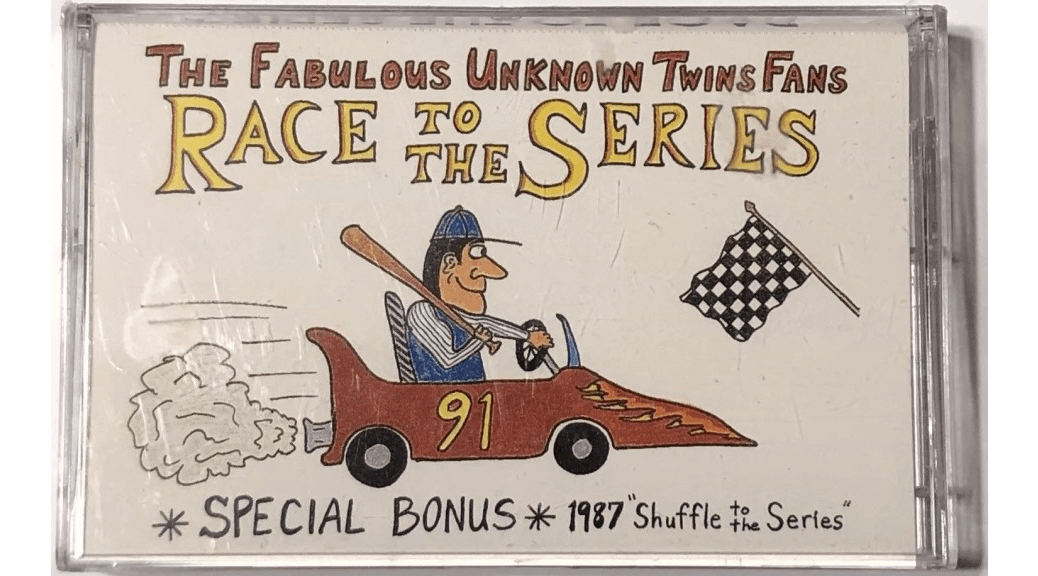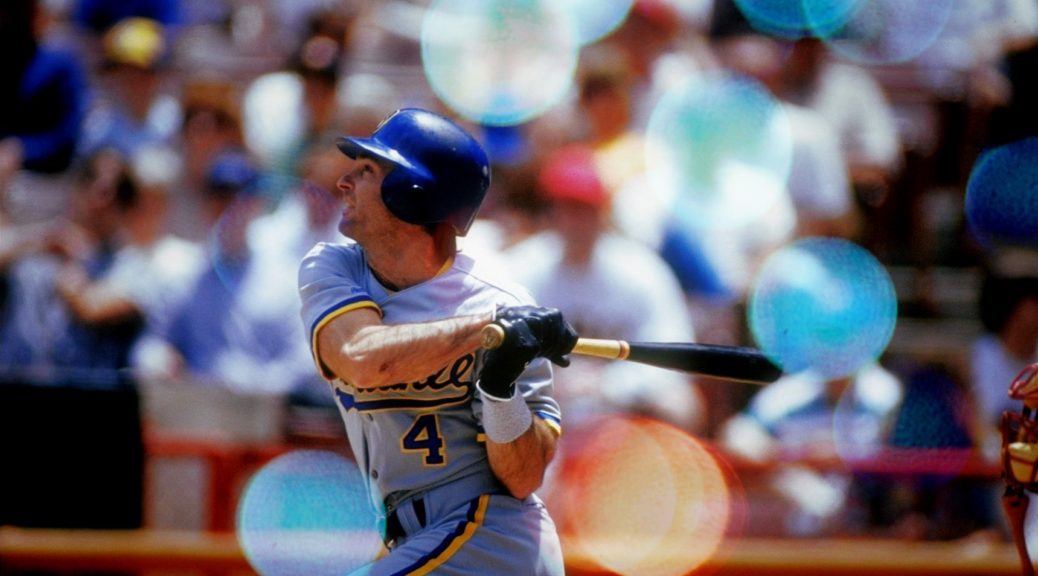I’m in a charming little town in the middle of Ohio. Back in the auto heydays though, it was suuuuper mobbed up.
Monthly Archives: January 2020
1991 Rewind: Game One Hundred Sixteen
CALIFORNIA 9, MINNESOTA 1 IN MINNESOTA
Date: Thursday, August 15.
Batting stars: Dan Gladden was 2-for-4 with a stolen base, his ninth. Chuck Knoblauch was 1-for-2 with two walks.
Pitching star: Terry Leach pitched 3.2 innings, giving up one run on one hit.
Opposition stars: Mark Langston pitched seven shutout innings, giving up two hits and three walks and striking out three. Shawn Abner was 2-for-4 with a home run (his second), two runs, and two RBIs. Lance Parrish was 2-for-4 with a two-run homer, his fifteenth. Wally Joyner was 2-for-5 with two doubles and two RBIs. Luis Sojo was 1-for-4 with a home run, his second.
The game: The Twins had men on first and second with none out in the first and did not score. In the third, the Angels exploded for five runs. With one out, Joyner doubled and Gary Gaetti singled him to third. Dave Parker hit an RBI double, there was a run-scoring ground out, Abner had an RBI single, and Parrish hit a two-run homer, making the score 5-0 California.
The Twins had men on first and second with two out in the third and did not score. Abner homered in the fifth to make it 6-0. In the sixth, Donnie Hill walked and Luis Polonia and Joyner hit back-to-back doubles to increase the lead to 8-0. Sojo homered in the eighth to make it 9-0.
The Twins finally got on the board in the bottom of the eighth. With two out, they got consecutive singles by Gladden, Knoblauch, and Shane Mack, avoiding the shutout with a score of 9-1.
WP: Langston (15-6). LP: Scott Erickson (15-5). S: None.
Notes: Gene Larkin was at first base with Kent Hrbek on the bench. With Erickson pitching, Junior Ortiz was behind the plate in place of Brian Harper. Al Newman was at shortstop in place of Greg Gagne.
With the changes, Mack was in the third spot in the batting order, with Puckett batting fourth and Chili Davis fifth.
Erickson pitched just three innings, allowing five runs on seven hits and a walk. His ERA went to 2.89. It was his second consecutive bad start and third out of four. His injury was clearly affecting him, but the Twins kept sending him out there.
Puckett was 0-for-4 and was batting .323. Ortiz was 0-for-4 and was batting .194. Denny Neagle allowed three runs in 2.1 innings to make his ERA 5.63. Leach's ERA went down to 2.73.
I'm pretty sure that, when Mike Fetters came in to pitch the ninth for the Angels, John Gordon solemnly stated, "This is not a save situation."
1991 was probably Langston's best year. He went 19-8, 3.00, 1.16 WHIP. He finished sixth in Cy Young voting that year and probably should have been higher. From 1987-1995 he was a consistently good pitcher, making the all-star team four times, but 1991 was the best.
The White Sox lost to Detroit 6-4, so the Twins maintained their lead.
Record: The Twins were 68-48, in first place in the American League West, 1.5 games ahead of Chicago.
Modest Mouse – Lampshades on Fire
I guess they only put out one album last decade; I didn't think it was that good
Happy Birthday–January 31
Bob "Death to Flying Things" Ferguson (1845)
Zane Grey (1872)
George Burns (1893)
Pinky Hargrave (1896)
Pedro Cepeda (1906)
Don Hutson (1913)
Jackie Robinson (1919)
Ernie Banks (1931)
Hank Aguirre (1931)
Nolan Ryan (1947)
Fred Kendall (1949)
Ted Power (1955)
Ed Wade (1956)
Francisco Oliveras (1963)
Yuniesky Betancourt (1982)
Caleb Thielbar (1987)
Tyler Kinley (1991)
Better known as an author of western novels, Zane Grey played outfield for two years in the low minors, batting .323 in 86 games. He also wrote several books about baseball.
Pedro Cepeda is the father of Orlando Cepeda and is considered by some to have been a better player; he was known as the Babe Ruth of Puerto Rico.
Don Hutson, a charter member of the Pro Football Hall of Fame, played in the low minors from 1936-1937, hitting .301 in 194 games.
Ed Wade was the general manager of the Philadelphia Phillies from 1998-2005 and the Houston Astros from 2007-2011.
0 and 99
Let's begin with 0 and 99. No, not the Twins' record in the postseason since Game 1 of the 2004 ALDS. This is about the bookends of the uniform number spectrum.
Uniform numbers evoke the memory of the players who wore them — their personalities, their accomplishments, mental snapshots of iconic moments. The Twins have retired eight numbers worn by members of the organization. In order of retirement, they are: 3, 29, 6, 14, 34, 28, 10, and 7. Since the Twins made Harmon Killebrew's 3 the first retired number in franchise history on 4 May 1975, the longest duration between number retirements was the 5165 days between Kirby Puckett's 34 (25 May 1997) and Bert Blyleven's 28 (16 July 2011). The longest duration then rolled into the shortest duration; just 420 days after the Frying Dutchman's number was retired, Tom Kelly's 10 joined it. No player had been issued the number since TK stepped down as manager after the 2001 season, and 10 became the first number retired to honor a Twin who didn't play while wearing it. We‘ll eventually circle back around to the retired numbers; they burn brightly in our memories — or, if we never saw them worn on the field, in our baseball consciousness.
Every uniform number in Twins history has a story, however, and each number that has not been retired likely has a de facto "owner" in the minds of Twins fans. In the course of this series, we're going to discover who some of those players are. Both numbers in this post have only been worn by one player in Twins history, making those players the default owners of their number in the minds of Twins fans — assuming Twins fans remember them.
№ 0
Worn by: Junior Ortiz (1990–1991)
Incumbent: none
Highest rWAR: Ortiz, 1.7
Lowest rWAR: Ortiz, 1.7
Best season: Ortiz, 1.5 rWAR (1990)
Worst season: Ortiz, 0.2 rWAR (1991)
Junior Ortiz isn't likely the least-remembered player on the 1991 World Series roster, but nearly three decades after the Twins' last world championship, he's no longer a household name. Ortiz had actually worn 0 prior to joining the Twins; he wore it in his last year in Pittsburgh, where he was the primary catcher that season. (Was Mike "Spanky" LaValliere hurt?) One might presume he chose it because it evoked his last initial. In those days the Twins wore their names on the back of both the road and home jerseys, but one could still forgive the redundancy; it's a cool choice.
Ortiz was Scott Erickson's caddy, for reasons that have never been quite clear to me. The other pitchers in the rotation threw to Harper just fine. But, Erickson was known to be particular, and that particularity means he & Junior Ortiz will be forever linked. Ortiz got 8 plate appearances in the 1991 postseason thanks to that relationship. Three came in Game 3 of the ALCS, and he got another two apiece in Games 3 and 6 of the World Series. In fact, he was the starting catcher in the elimination game, thanks to Erickson getting the ball. He was pinch-hit for in the later innings of both games. Ortiz also replaced Steve Bedrosian as part of a double switch in the Game 5 blow-out. Bedrosian had entered in an earlier double-switch, knocking Chuck Knoblauch out of the game. With one out in the ninth, Ortiz grounded to third, scoring Gladden for the Twins' last run of the game.
Ortiz went on to wear 0 for two more teams, Cleveland and Texas, before retiring in 1994. As far as I can tell, Junior Ortiz is the second most prolific wearer of 0 in baseball history when measured by the number of different teams that issued him the number.
№ 99
Worn by: Logan Morrison (2018)
Incumbent: none
Highest rWAR: Morrison, -0.3
Lowest rWAR: Morrison,-0.3
Best season: Morrison, -0.3 rWAR (2018)
Worst season: Morrison, -0.3 rWAR (2018)
When Logan Morrison wore 99 in the starting lineup on 29 March 2018, it became the highest number worn on the field by a Twins player history since 11 June 2006. (We will get to what that number was in due time.) Unless and until the Twins have a Yankme problem and run out of numbers, that's not likely to change. Morrison had never worn 99 before joining the Twins, and he didn't exactly put an indelible mark on it while in Minnesota. He lasted 95 games and 359 PA for the Twins, which is honestly more than I remember. Given Morrison's 74 OPS+, I bet it seemed longer than that at the time, however. LoMo played 29 games with the Phillies last year, but wore 8, which was another uniform first for him.
Having finally gotten into circulation, the number itself is too good to waste on languish with LoMo. Given the right player and personality, 99 should find its way back onto the field.
But, a question — is it best reserved for a gas-throwing reliever, a toolsy position player, or simply any player with a unique personality?
January 30, 2020: PG
The New Pornographers just released a kid friendly t-shirt that has the cover of their new album with the band name “The News Photographers”, which is hilarious and wonderful.
1991 Rewind: Game One Hundred Fifteen
CALIFORNIA 7, MINNESOTA 4 IN MINNESOTA
Date: Wednesday, August 14.
Batting stars: Chili Davis was 2-for-4 with a walk, a double, and two RBIs. Shane Mack was 2-for-5. Kent Hrbek was 2-for-5.
Pitching star: Carl Willis pitched three innings, giving up one run on two hits and striking out two.
Opposition stars: Luis Polonia was 2-for-3. Wally Joyner was 2-for-4 with a home run, his sixteenth. Dave Winfield was 1-for-4 with a two-run homer, his twenty-second. Lance Parrish was 1-for-4 with a home run, his fourteenth.
The game: The Twins loaded the bases with none out in the second inning, but Mike Pagliarulo was caught looking, Greg Gagne hit into a forceout at the plate, and Al Newman grounded out. The Angels started the scoring in the third when Luis Sojo doubled, went to third on a wild pitch, and scored on a sacrifice fly. The Twins got on the board, and in fact took the lead, in the bottom of the third. Mack and Randy Bush opened the inning with singles. Kirby Puckett bunted them over and Davis delivered a two-out two-run double to give the Twins a 2-1 lead.
California took the lead back in the top of the fourth when Dave Parker walked and Winfield hit a two-run homer. The Twins tied it 3-3 in the bottom of the fourth when Gagne tripled and scored on Newman's sacrifice fly. The Angels went into the lead to stay in the fifth when Dick Schofield singled and Joyner hit a two-run homer to make the score 5-3.
The Twins had their chances, but could not catch up. They had three consecutive one-out singles in the fifth, but Brian Harper flied out and Pagliarulo grounded out to end the inning. With one out in the sixth, Newman reached on an error, Mack singled, and Dan Gladden had an RBI single to cut the lead to 5-4. The tying run was on second, but Puckett and Kent Hrbek each struck out and the Twins never threatened again.
California added single runs in the eighth and ninth to close out the scoring. In the eighth Polonia and Joyner singled and a sacrifice fly brought home the run. In the ninth Parrish homered.
WP: Kirk McCaskill (9-15). LP: David West (3-3). S: Bryan Harvey (27).
Notes: Mack started in left and batted first in place of Gladden. Bush played right field and batted second. Newman was at second base in place of Chuck Knoblauch.
Gladden pinch-hit for Bush in the sixth and stayed in the game in left, with Mack moving to right. Scott Leius pinch-hit for Pagliarulo in the seventh and stayed in the game at third base.
Puckett was 1-for-4 and was batting .326. Harper was 0-for-4 and fell to .304. Willis' ERA fell to 1.94.
West pitched five innings, giving up five runs on five hits and one walk and striking out four. McCaskill also pitched five innings, giving up three runs on eight hits and two walks and striking out three.
The Twins went 4-for-14 with men in scoring position, which isn't so bad, but they stranded ten men, including (as shown above) twice leaving the bases loaded. The Angels stranded only two men despite going 0-for-3 with men in scoring position. The Twins out-hit California 10-8.
The White Sox defeated Detroit 9-8 to gain a game on the Twins.
Record: The Twins were 68-47, in first place in the American League West, 1.5 games ahead of Chicago.
Happy Birthday–January 30
Tony Mullane (1859)
General Stafford (1868)
Walt Dropo (1923)
Sandy Amoros (1930)
Charlie Neal (1931)
Davey Johnson (1943)
Matt Alexander (1947)
Roger Cador (1952)
Joe Kerrigan (1954)
Dave Stegman (1954)
Jorge Cantu (1982)
Jeremy Hermida (1984)
Roger Cador was an outfielder in the Braves organization, reaching AAA. He was the head baseball coach at Southern University from 1984-2017. He was the first coach of a historically black university to win a game in the NCAA Division I baseball tournament, beating #2-ranked Cal State Fullerton 1-0 in 1987.
Dave Stegman was drafted by Minnesota in the tenth round in 1972, but did not sign.
We would like to wish a very happy birthday to Rowsdower's father and to Mrs. Nibbish.
There do not appear to be any other players with connections to the Minnesota Twins born on this day.
FireHouse – Love Of A Lifetime
I always thought the name was "Firehose" whenever I saw it printed as a kid.
2020 WGOM Draft: Round 8
Order:
rowsdower
hungryjoe
cheaptoy
TheDreadPirate
Beau
CarterHayes
brianS
Nibbish
bhiggum
sean
Freealonzo
SoCalTwinsFan
Mike
Algonad
Philosopher

